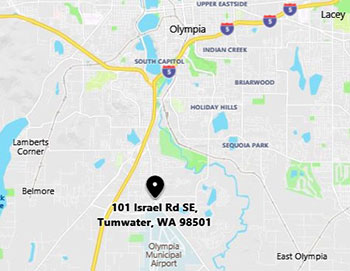Handling of Human Remains rule governs the handling of human remains against certain preventable diseases. The State Board of Health (Board) has adopted amendments to Chapter 246-500 WAC, Handling of Human Remains. The rule's frequently asked questions document provides information to assist facilities regarding implementation of the rules.
The Board adopted amendments to incorporate requirements specific to alkaline hydrolysis and natural organic reduction at its Nov. 9, 2020 public meeting. The rule also makes updates for clarification and modernization of language. The new rule became effective January 7, 2021.
The updated rule creates definitions for new terms, establishes requirements specific to the vessels used in alkaline hydrolysis, outlines a phased-out testing regiment for remains reduced through natural organic reduction, and specifies instances where natural organic reduction is not an appropriate disposition method. The adopted language also updates references to accurately reflect changes in statute. The concise explanatory statement/post adoption notice summarizes comments that the Board received on the CR-102 draft of the rule as well as the Board’s action in response to the comments.
During the 2019 legislative session, the Legislature passed Engrossed Substitute Senate Bill 5001, Concerning human remains which legalized two new methods for human disposition: alkaline hydrolysis and natural organic reduction. The new law took effect May 1, 2020.


